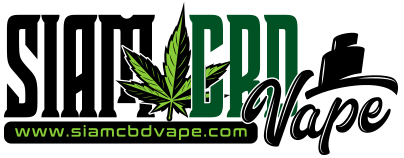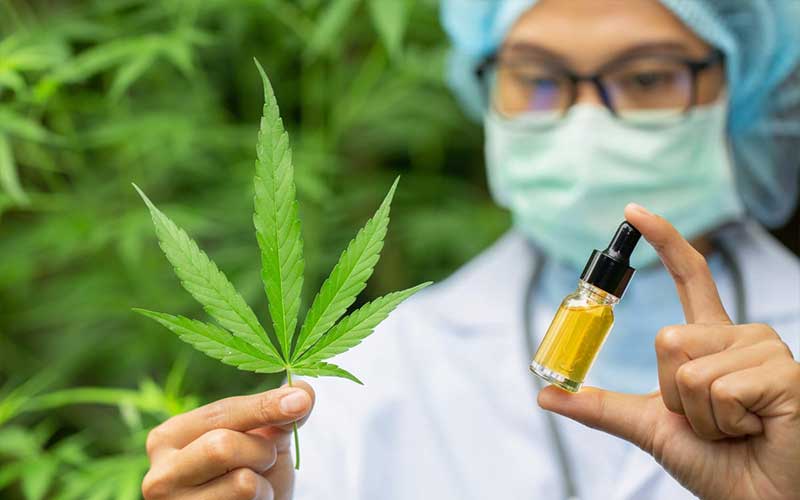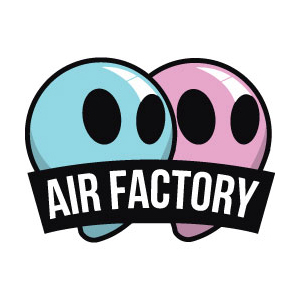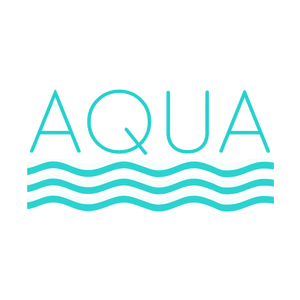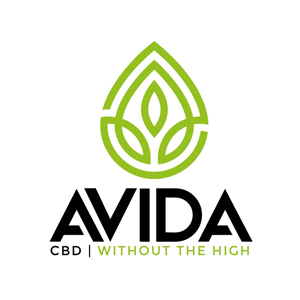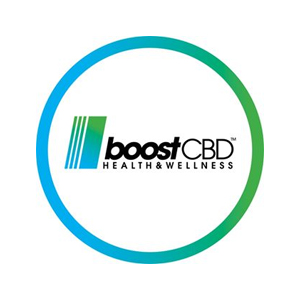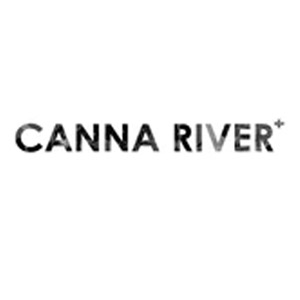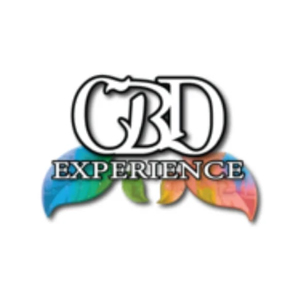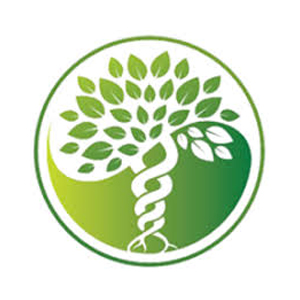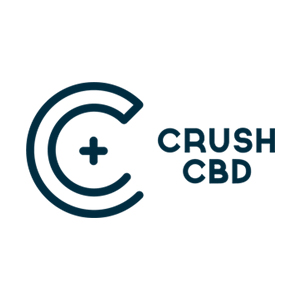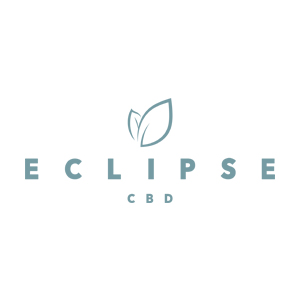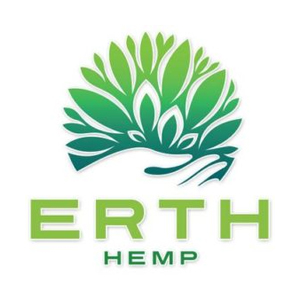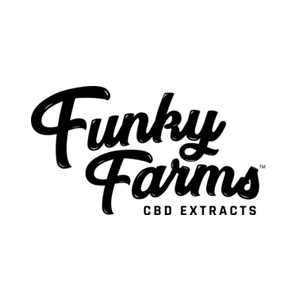No products in the cart.
Hemp and Cannabidiol What is a Medicine? Leave a comment
Hemp and Cannabidiol What is a Medicine? In an attempt to differentiate between cannabidiol (CBD) from marijuana and CBD from hemp, some definition and limitations must be provided. Extracts from marijuana (Cannabis sativa with THC concentrations greater than 0.3%) produced as a “medical product” are regulated by the Marijuana Enforcement Division in Colorado and are subject to testing for contents and contaminants.
Hemp (Cannabis sativa with a THC concentration less than 0.3%), having been excluded from medical marijuana rules, has been given to the Colorado Department of Agriculture (CDA) to manage and regulate. CDA’s regulatory role with industrial hemp is limited to cultivation; CDA registers land areas for the intended use of growing and cultivation of industrial hemp. The CDA does not have jurisdiction over the processing, sale or distribution of industrial hemp and CDA does not license or verify contents or quality of any extracted product.
CBD as an Extract from Hemp
The focus of this article is CBD extracted from hemp which is generally defined as Cannabis sativa with a total THC less than 0.3% dry weight in leaves and buds. I emphasize that the only distinction between marijuana and hemp is the concentration of THC. A quick calculation for illustrative purposes shows that when hemp containing 0.3% THC and 5.0% CBD is subject to extraction the final product will contain THC as about 6% of the CBD, since the THC and CBD are removed in an essentially similar manner.
The extracted product may contain other cannabinoids, residual solvents, oils from the plant, herbicides or pesticides and other organic molecules. The significant point is that an extract of hemp that is not purified and monitored will certainly contain some concentration of THC. Effective January 13, 2017, the Drug Enforcement Agency (DEA) created a new controlled substances code number (7350) for marijuana extracts.7
The DEA ruling is very clear that extracts of “any plant of the genus Cannabis, other than the separated resin” are included in Code 7350 in Schedule I of the CSA. This clearly includes extracts of hemp, which is a variety of the Cannabis plant; the US Court of Appeals for the 9th Circuit Court denied a request by petitioners to review the DEA final rule.8 The DEA also notes there is no way to fully separate the THC from the CBD in extracts from the hemp. As a result, the CBD extracted from hemp remains a Schedule I substance.
The hemp industry, increasingly referred to as ‘Big Weed,’ is working to make CBD much more than a purported medication and is developing it in the US market as a food supplement that is widely used. Charlotte’s Web™ is an extract of hemp that has been widely touted as an option for treating seizures as well as a range of other medical conditions.9
Hemp and Cannabidiol What is a Medicine? The cultivar used by the Stanley Brothers is advertised to have a high-CBD content, which was specifically cultivated for a young epileptic patient named Charlotte.10 This case is instructive as to the claims made by the Stanley Brothers Social Enterprises, LLC, on various websites that implied their products were treatment for depression, cancer, diabetes and other conditions. On October 31, 2017, the FDA, Division of Pharmaceutical Quality Operations IV, issued a warning letter to Joel Stanley, CEO, Stanley Brothers Social Enterprises to correct the claims that the products are drugs and intended to diagnose, cure, mitigate, treat or prevent disease.11 In addition to being new drugs, the products were misbranded.
The company has now modified their claims and provided disclaimer statements.12 On the same date, the FDA issued similar letters concerning misbranding of CBD to That’s Natural! Marketing & Consulting, Pueblo, CO12; Natural Alchemist, El Dorado Hills, CA13; and Greenroads Health, Pembroke Pines, FL.14 The City of Denver has established rules that apply to all CBD products sold or manufactured in the city.15 This is a step forward to protect consumers from contaminated CBD or CBD from uncertain origin and improper preparation.
A significant challenge in current research and to any current consumer is to know and verify the composition of the material being studied or used. An anecdotal event of a study of a “pure” CBD that was sent for testing was found to be about 75% CBD. In Colorado the cannabinoids being sold at state approved dispensaries and used in oils and edibles may be augmented with CBD extracted from hemp – perhaps to reach a 1:1 ratio of CBD:THC. Testing of purity of these dispensary products should be completed; however, the CBD extracts from hemp may be sold to smoke shops or head shops with no regulation or testing. Purity and composition should be a very real concern to any investigation of CBD and certainly to any consumer.
CBD as a ‘Medicine’
The view of CBD as a medicine that is demonstrated by the claims of the companies that are producing and selling CBD on a national scale is stunning. This acceptance of, and advocacy for, the wildly inflated claims of benefits, seemingly by a large percentage of the general population of this country, leads to the need for an assessment of the actual benefits and adverse consequences. We have come to expect medications that are pure, of known and somewhat consistent efficacy, of a known mechanism, and from a manufacturer that is liable for the quality of the medication. At this time, most products marketed as CBD are suspect.
An exception is Epidiolex®. Epidiolex® is a pure CBD liquid formulation that is produced by GW Pharmaceuticals in the UK.16 In June 2018 this CBD formulation was approved by the FDA for the treatment of two rare, severe forms of epilepsy (Lennox-Gastaut Syndrome and Dravet Syndrome.) GW Pharmaceuticals has received a number of patents that apply to the Epidiolex® which has a purity of at least 98% (w/w) CBD and THC is less than 0.15% (w/w) at a dose of 10 mg/kg/day.17 As is appropriate for a medicine, the Epidiolex® is of known purity and concentration and the efficacy has been evaluated by studies approved by the FDA.
These patients will be under the care of a physician that will monitor and determine efficacy of the treatment. Epidiolex® is also being evaluated as treatment for other conditions. This scientific approach to providing a medicine is in distinct contrast to the products being produced in many Colorado fields and barns by growers with no knowledge of quality control, extraction processes, contents, and quality of the final product, or the efficacy of the final product. The question is how aggressively GW Pharmaceuticals will address patent protection actions?
A basic literature search of PUBMED displays numerous articles published in the last 25 years that propose a potential benefit of CBD as a medication for many purposes. That literature is too extensive to summarize here; however, a recent publication by S. Pisanti, et al. provides extensive information and references pertaining to CBD.18 A significant concern is the proposal to use CBD as medication to treat the opioid epidemic.19 Colorado statistics show a corresponding increase in the opioid epidemic and the use of cannabinoids, but no decline in opioid use with the legalization of marijuana.
Hemp and Cannabidiol What is a Medicine?
Source : https://www.ncbi.nlm.nih.gov
